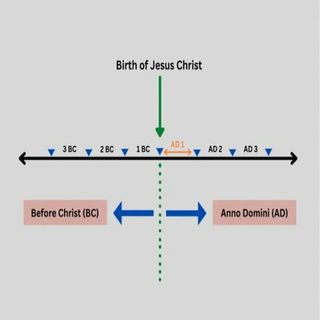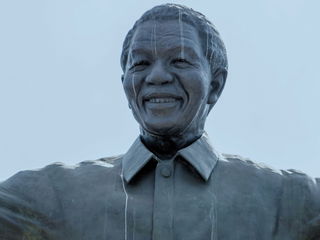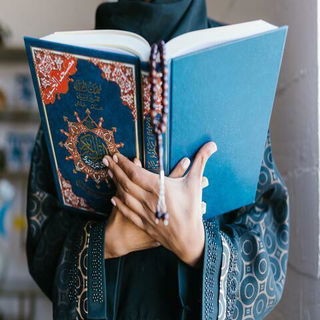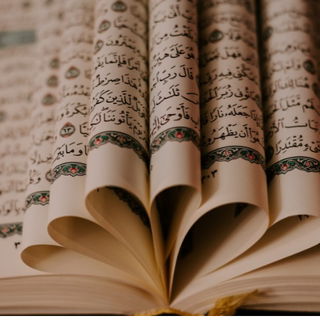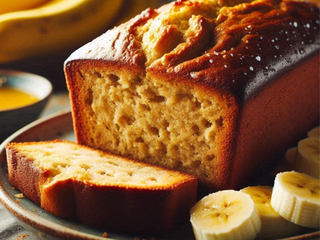- Calendar
- Calendar 2026
- February
- First Day of Ramadan
First Day of Ramadan
Ramadan is the ninth month in the Islamic calendar, a holy month for Muslims, who fast, pray and practice introspection during this time. Although widely celebrated Ramadan is not a public holiday in most countries across the world, including the United States, Canada, UK, so businesses and shops will be open as usual.
In 2025, Ramadan begins on the evening of February 28 or March 1 and ends on March 29 or 30 with the celebration of Eid. The first day of fasting will be Saturday, March 1, or Sunday, March 2.
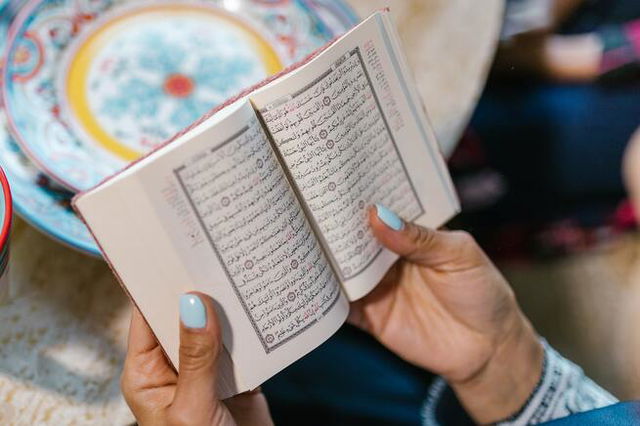
Ramadan Greetings
It is common to greet one another during Ramadan with expressions such as Ramadan Mubarak. This means “have a blessed Ramadan”, or Ramadan Kareem which translates as “have a generous Ramadan”.
At the end of Ramadan, during the celebration of Eid (also known as the Festival of Sweets) it is common to greet each other with Eid Mubarak; “have a blessed Eid”.
History of Ramadan
Ramadan holds a special place in Islamic history, with its origins deeply rooted in the life of Prophet Muhammad, the principal figure of Islam. Around 610 A.D., according to Islamic tradition, Allah started sending him messages and revelations through the angel Gabriel. These revelations were revealed over 23 years during Ramadan, the ninth month of the Muslim calendar, and were then compiled into a 114-chapter book that would become known as the Quran, the holy book of Islamic faith, that Muslims believe holds the words of Allah.
Prophet Muhammad is born in Mecca. His father died when he was only a baby, and his mother died when he was only six years old, leaving him an orphan to be raised by his grandfather.
Muhammad received a revelation, given to him by the Angel Gabriel during the month of Ramadan while he was meditating in the Cave of Hira.
Over twenty-two years, Muhammad continued to receive revelations from God which he passed on through sermons to his followers.
Muhammad dies in Medina.
The compilation of the Quran begins during the caliphate of Abu Bakr, the first Caliph, and with the supervision of Zaid ibn Thabit, one of the Prophet's scribes.
Compilation continues during the caliphate of Umar ibn al-Khattab and then of Uthman ibn Affan.
The Quran is compiled into a standardized written form. Copies are distributed to various regions of the Islamic empire.
The compiled Quran is widely distributed, and standardized copies are sent to different regions.
The pivotal moment was during the month of Ramadan when the first verses of the Quran were revealed to Muhammad. The Quran is considered by Muslims to be the literal word of God (Allah) and serves as the ultimate source of authority and guidance in Islam.
As the Quran, which contains guidance for Muslims, was revealed during Ramadan, this became a holy month in the Islamic faith.
The Five Pillars of Islam
It is the Quran that lays out the Five Pillars of Islam, that Muslims should follow strictly to achieve salvation. These are:
- Shahada: a declaration of faith to the only one God and his prophet Muhammad.
- Salah: prayer, as Muslims are meant to pray five times a day.
- Zakat: practicing charitable actions.
- Sawm: fasting, the foundation of Ramadan, and the way to achieve taqwa.
- Hajj: the pilgrimage - every Muslim should travel to Mecca at least once in their life.
During Ramadan, fasting is obligatory for adults of the Muslim faith, this means they do not eat or drink from sunrise to sunset. They also abstain from sexual intercourse. At the end of the daily fast, during the night, Muslims share meals, with family or friends which is called Iftar. As fasting is seen as a spiritual principle, Ramadan is also a time when people abstain from anything impure such as alcohol consumption, cigarettes, bad behaviors, and impure thoughts, and instead, dedicate themselves to prayer and charity.
'O you who have believed, decreed upon you is fasting as it was decreed upon those before you that you may become righteous'
(Quran, Surat Al Baqara, Verse No. 183)
The necessity of all Muslims to participate in Sawm (fasting) makes Ramadan an important part of the five pillars of Islam.
When to Eat
The two meals of the day during Ramadan happen before dawn and after sunset and are called suhoor and iftar, respectively. The Iftar is usually a communal meal, with traditional dishes and rich desserts being served. Muslims usually begin each meal by breaking their fast by eating three dates.
After each meal, people perform a prayer, and they are meant to pray five times each day, with extra nightly prayers being encouraged during Ramadan, although they are not mandatory. Muslims are also called to read the thirty sections of the Quran during the thirty days of Ramadan.
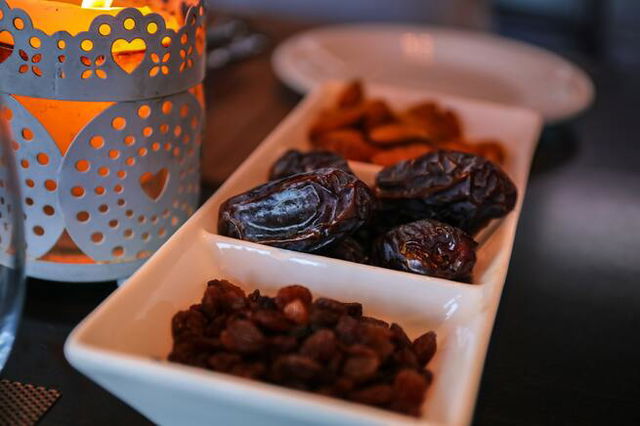
Ramadan Practices and Rules
Ramadan is, above all, a time for Muslims to practice introspection and better themselves, by practicing self-discipline and control, as well as a time to strengthen their faith and devotion. This is why fasting is practiced during Ramadan, as it is believed to cleanse the soul, and redirect the heart away from worldly sins and into spiritual improvement.
For the fast to be valid, people must share their intention to fast before dawn, and therefore Muslims often make a declaration the night before that they choose to fast.
Exemptions from Ramadan
- Young children are exempt from taking part in Ramadan. Parents however are encouraged to teach children the value of fasting and maybe let them fast for short periods during Ramadan.
- Sick people, with either physical or mental illnesses, are also exempt from participating in the fast. Those with illnesses from which they will recover are permitted to fast at a later date. If the illness is a lifelong condition then rather than fasting the person is permitted to donate food to the hungry instead. The food they should give to the hungry is rationed at one kilogram of wheat or the equivalent in money per fast. Illnesses such as Diabetes do not necessarily exempt the individual from participating in Ramadan, it depends on the person, as well as the type and severity of the condition.
- Elderly people are exempt from taking part in Ramadan, particularly those who are weak. They can fast at another time of the year, or pay for the hungry to have the equivalent number of meals. This fee that is paid is known as the fidyah.
- Other exemptions include travelers (those who are more than 48 miles away from home), people with certain other medical conditions, and those who are pregnant, breastfeeding, or menstruating.
How to Celebrate
Ramadan is a time for spiritual reflection, self-discipline, and self-control, as well as an opportunity to practice empathy and compassion for those less fortunate. It is also a time for increased prayer, reading the Quran, and giving to charity. Through the practice of fasting, Muslims gain a deeper understanding of the suffering of the less fortunate and learn to appreciate the blessings in their lives. It is a time for personal and spiritual growth, as well as strengthening community and family bonds.
For non-Muslims, it's important to respect the beliefs and practices of those who are observing Ramadan. Try to be mindful that Muslim friends will probably be fasting while observing early and late meals, which might affect their day-to-day routine. Also, you can spend time learning a bit more about their beliefs, and wish them Ramadan Mubarak.
Learn more about the Islamic Calendar.
Discover more about Eid al-Fitr
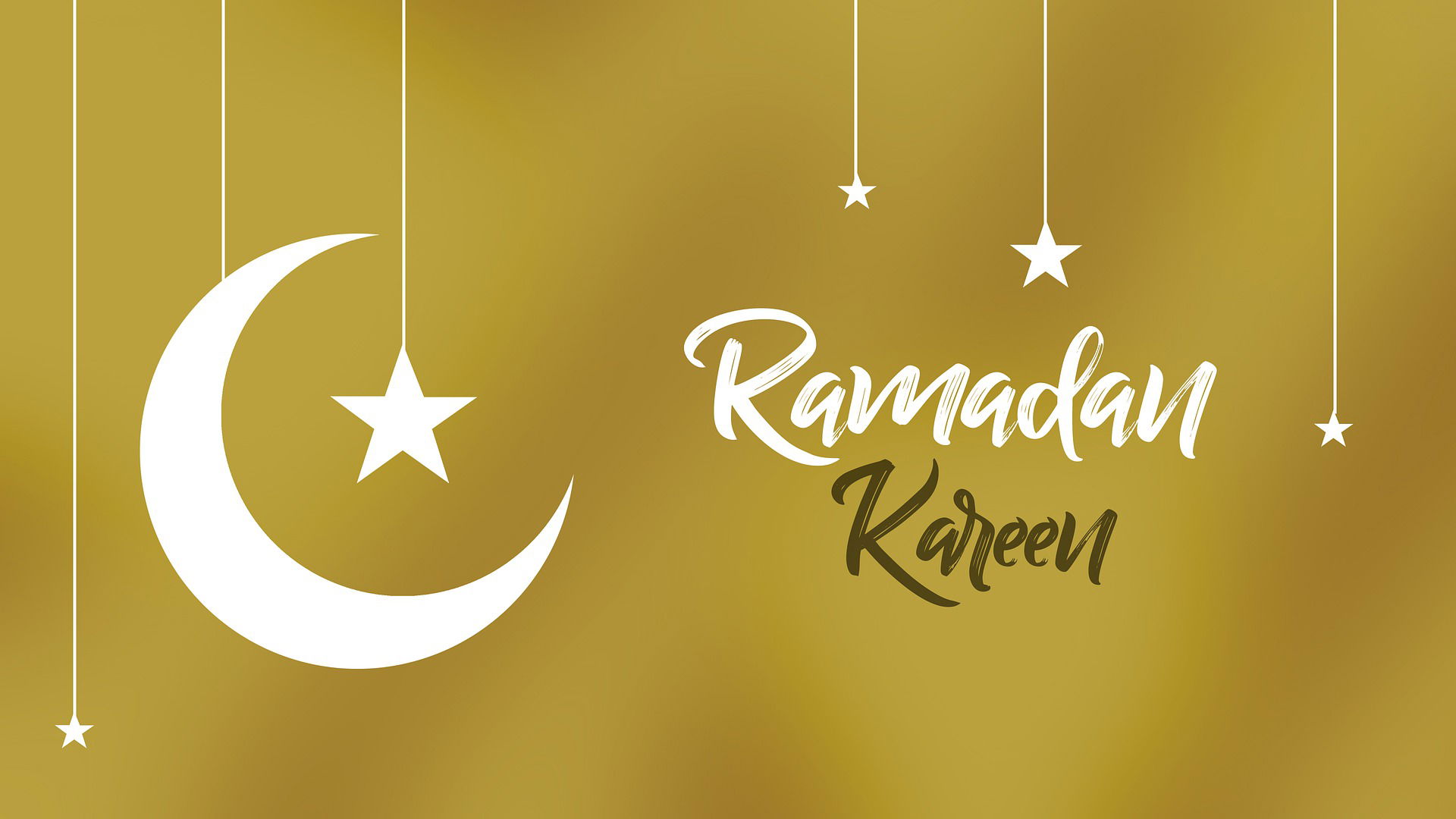
Other Celebrations
-
Sep 16 Tue
-
Sep 21 Sun
-
Sep 23 Tue
-
Sep 30 Tue
-
Mar 19 ThuLast Day of Ramadan
-
Apr 10 Fri

First Day of Ramadan - Next years
Sunday, 07 February 2027
Thursday, 27 January 2028
Monday, 15 January 2029



